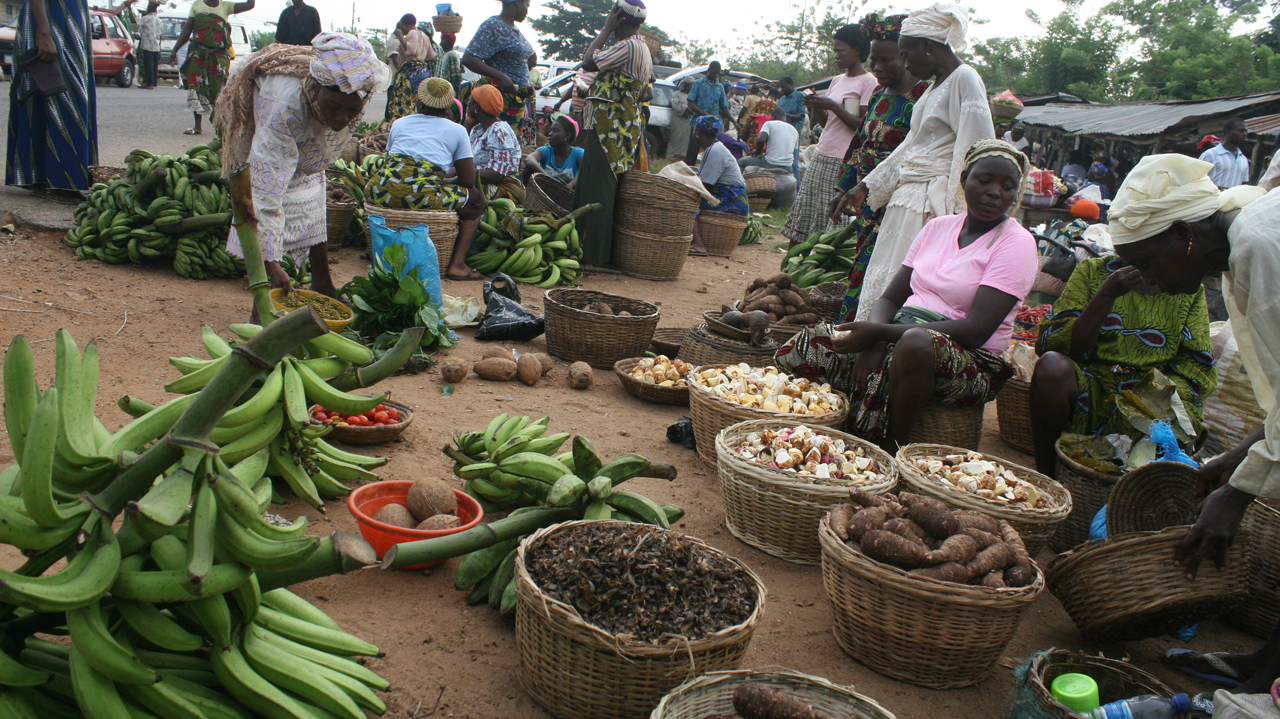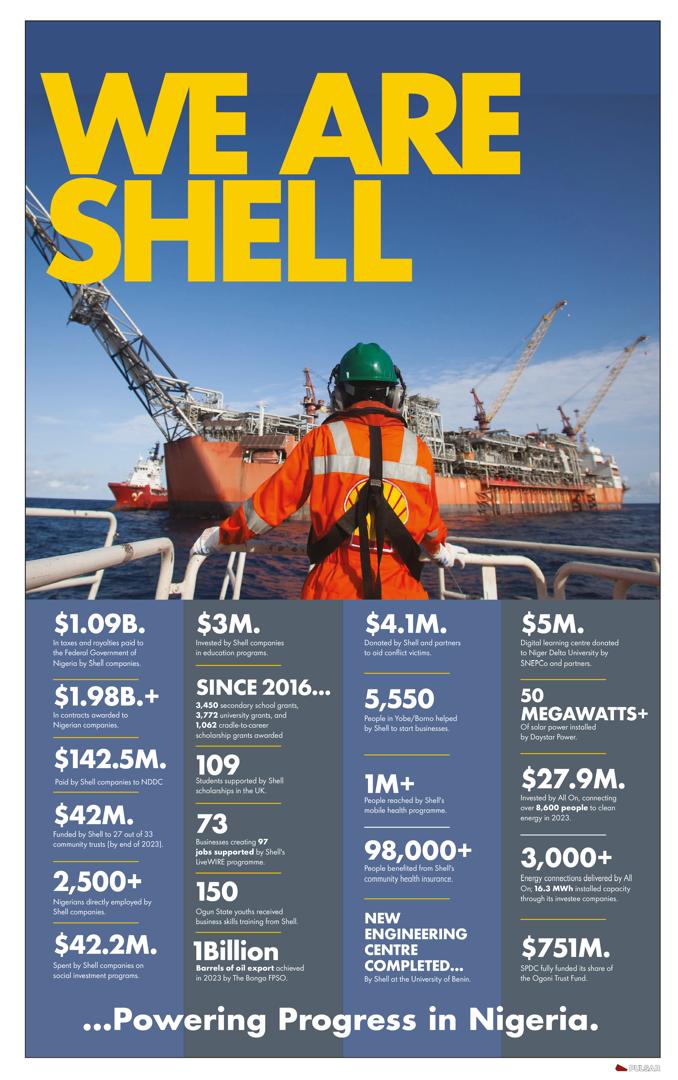EXCITING NEWS: TNG WhatsApp Channel is LIVE…
Subscribe for FREE to get LIVE NEWS UPDATE. Click here to subscribe!
The World Bank has warned that the shrinking value of the Nigerian naira and the currencies of most developing economies are driving up food and fuel prices in ways that could deepen the food and energy crises that many of them already face.
According to the World Bank’s latest Commodity Markets Outlook report, in US dollar terms, the prices of most commodities have declined from their recent peaks amid concerns of an impending global recession.
It further noted that from the Russian invasion of Ukraine in February 2022 through the end of last month, the price of Brent crude oil in US dollars fell nearly six percent. Yet, because of currency depreciations, almost 60 percent of oil-importing emerging markets and developing economies saw an increase in domestic-currency oil prices during this period.
According to the Washington-based bank, nearly 90 percent of these economies also saw a larger increase in wheat prices in local-currency terms compared to the rise in U.S. dollars.
It said elevated prices of energy commodities that served as inputs to agricultural production have been driving up food prices.
During the first three quarters of 2022, studies by the World Bank Group showed that food-price inflation in South Asia averaged more than 20 percent. Food price inflation in other regions, including Latin America and the Caribbean, the Middle East and North Africa, Sub-Saharan Africa, and Eastern Europe and Central Asia, averaged between 12 and 15 percent.

TheNewsGuru.com (TNG) reports that the World Bank is an international financial institution that provides loans and grants to the governments of low- and middle-income countries for the purpose of pursuing capital projects.
The World Bank is the collective name for the International Bank for Reconstruction and Development (IBRD) and International Development Association (IDA), two of five international organizations owned by the World Bank Group.
It was established along with the International Monetary Fund at the 1944 Bretton Woods Conference. After a slow start, its first loan was to France in 1947.
In the 1970s, it focused on loans to developing world countries, shifting away from that mission in the 1980s. For the last 30 years, it has included NGOs and environmental groups in its loan portfolio. Its loan strategy is influenced by the Millennium Development Goals as well as environmental and social safeguards.
As of 2022, The World Bank is run by a president and 25 executive directors, as well as 29 various vice presidents. IBRD and IDA have 189 and 174 member countries, respectively. The U.S., Japan, China, Germany and the U.K. have the most voting power.
The bank aims loans at developing countries to help reduce poverty. The bank is engaged in several global partnerships and initiatives, and takes a role in working toward addressing climate change. The World Bank operates a number of training wings and it works with the Clean Air Initiative and the UN Development Business. It works within the Open Data Initiative and hosts an Open Knowledge Repository.
The World Bank has been criticized as promoting inflation and harming economic development, causing protests in 1988 and 2000.








![[Devotional] IN HIS PRESENCE: Take hold of the plumbline immediately](https://thenewsguru.com/wp-content/uploads/2021/12/Screenshot_20211202-092925-75x75.png)
